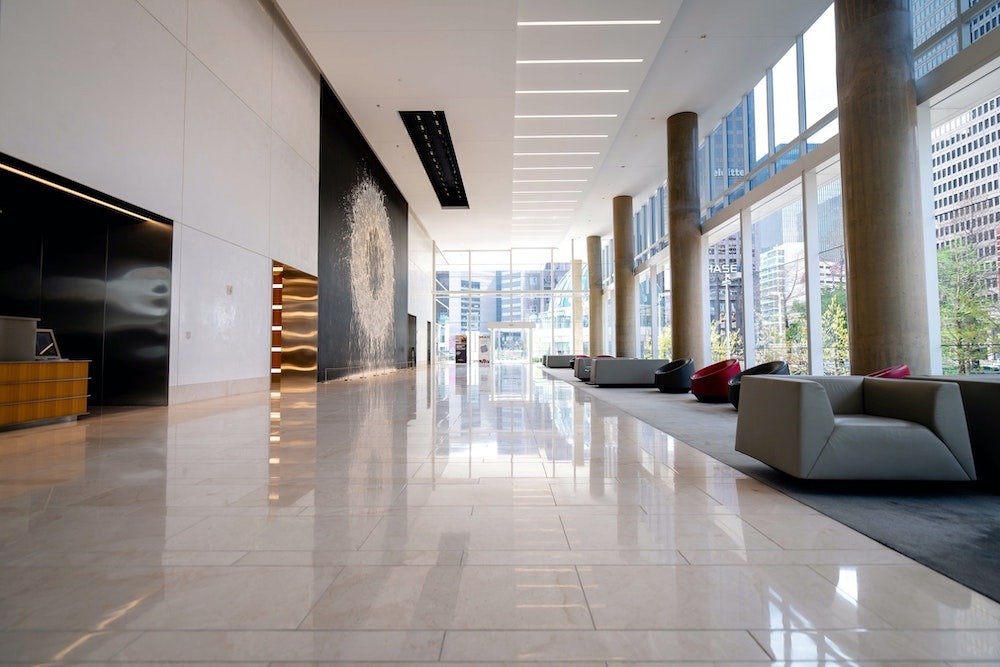Tips on building your best hotel team How to Hire Great Hotel Staff

Nobody is at home in a hotel. Whether travelling for work or a holiday, if you’re in a hotel, you’re in transit and away from your day-to-day comforts.
Decorated in whatever fashion or style, it’s the staff that make it feel lived-in. They maintain it and fill it with light and warmth. The hotel may be where travellers arrive, but the great staff make them want to stay.
So, who are these great hotel staff, these magnificent concierges and brilliant porters, and where can you find them?
Who are they?
First, we need to define who it is you’re looking for.
For guests, it’s about creating memories. So, you need to hire staff who can turn short moments of kindness into impactful experiences.

For Michah Solomon, author of The Heart of Hospitality, this is about finding people who possess the strengths of WETCO. Warmth, Empathy, Teamwork, Conscientiousness, and Optimism.
Take these traits and then apply them to the roles at the hotel. What does each of these strengths mean for the job you’re hiring?
The Ritz Carlton, multiple award-winning hotels, set its own gold standards it expects of its employees. It does this clearly and openly, providing a list on its website that all potential candidates and staff can access.
So, you need to think about who you want before you even post a job description.
How to get them to apply
We know who you want, but how do you find them?
First, you need to write a description that gets you the best candidates. The description should be clear and give all the information necessary for the job. But if you make it too long, hard to read or inaccessible due to buzzwords and jargon, you can lose you out on high-quality candidates.
Next, you want to clearly describe the job’s duties. Tell the applicant what experiences they must have and what qualities they should have. Avoid exclusionary language. For example, using idioms can exclude people for whom English is not their first language. When looking for great staff, you don’t want to limit yourself, as you never know where someone fantastic could come from.
You want to be viewed as friendly and inclusive. An environment where people want to work. To show this, you should write a short sentence or two about what your company’s values.
Next, you should clearly outline the benefits the job will provide and the skills the candidate will acquire. A great applicant will want to be hired by a company that’ll be great for them.
How to interview hotel staff the right way
Once you have your applicants, it’s the time for the interview. Here’s where you can discover what your potential hire is like. The hotel industry is about warmth. This is where you see that in action.
Reply to unsuccessful applicants and keep them thinking positively about your business. You want to encourage them to apply for other roles they might be better suited to.
You never know where a great hire will come from. So, use a wide range of sites such as Indeed, Linkedin, and so on. But importantly, don’t be afraid to use other avenues, such as referrals. Your team is also an excellent resource. They can analyse how they were recruited and put forward new candidates for the role.
Referrals from your team create a friendly team dynamic and also ensure applicants have a clear understanding of the job before they start. Your staff will often be able to give a clearer overview of the job, its responsibilities, and the standards. They understand your company’s culture and how their friend can fit into it. They know what their friend wants and how you can provide it.
What can I do for the staff?
Having great staff means cultivating the team you have hired and creating a work environment that makes them want to stay. This means providing opportunities internally for upward mobility and developing them as people. A work environment where people see themselves staying is one in which they will be motivated to do their best work. Data suggests that staff are 13% more productive when happy.
A great way to create happy staff is to support them. Give them recognition when they are being great. Data also found that 94% of employees who reported high morale also said their bosses were good at giving recognition.

Staying great
Invest time in training your staff and create spaces where they can learn without being distracted.
There are online courses and programmes that help people train themselves. Sites like Tayl.net provide training on customer service for those nervous employers or anyone needing a refresher.
The hotel and hospitality industries are filled with risk, so safety training such as COSHH awareness for hospitality and fire awareness not only keeps your business compliant, but it can also make staff feel protected at work.
Pairing up new hires with old ones can aid training and help build teamwork. Hospitality is also filled with unexpected challenges. Your staff may know how to handle a situation that a formal trainer would not. It also teaches your team to rely on one another. If a colleague trains them, they will feel comfortable and able to ask for help later.
Hiring great staff is about knowing what you want. Knowing what makes them great for you, and recognising what you already have. It’s about being clear about what you expect, rewarding people for succeeding, and letting them pass on their knowledge.
Great staff aren’t just hired, they’re made by you.
From the blog


Environmental Health Officers (EHOs) & Food Businesses
As a food business (catering, retail or manufacturing), Environmental Health Officers (EHOs) are a part of your enterprise, and if you are curious about who they are and what their responsibilities are, then this guide is for you.
